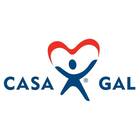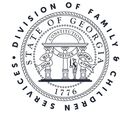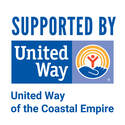|
With the support of my college and its partnership with the Shepard Higher Education Consortium on Poverty, I was chosen as a Brightside intern! I have been working in the office since the 3rd of June and so far have had so many new experiences and learned so much. Before arriving at Brightside, I knew that I wanted to work with children. My ultimate goal is to become a lawyer; my experiences here in Brightside are aiding me in that direction. As an intern in a new city, I didn't know much about why Brightside is so important to this community and how important this work is. As a result, one of the very first things I did as an intern was attend a conference to learn more about the city of Savannah and how poverty affects a large population of the area. This conference addressed the issues Savannah faces and introduced me to some community partners who are working to mitigate the negative effects of poverty. This was a great opportunity to understand the different connections and communities built around the city to help support children and families. Furthermore, I have attended several court hearings including a permanency hearing, a H.O.P.E. court hearing, and an A.N.C.H.O.R. court hearing, and aim to attend more. Through these experiences, I have learned a lot about the judges, their specializations, and the process of how hearings work. With these incredible opportunities, I realized that I wanted to work more closely in the H.O.P.E. court field. Currently, I am working with the H.O.P.E. court program manager on getting social media safety classes for the children to get more involved. However, working at Brightside has given me more than just work experience. It has been just as personally rewarding in and out of the office. Not only is the office environment extremely friendly but the staff all work together to ensure that I have a great time in the city outside of work. I have had so many new personal experiences I never thought I would have gotten before such as tickets to see a Savannah Bananas game, learn how to paddleboard, and even attend a large networking event to build some connections with other interns in the area. All of the Brightside staff members work to create a comfortable and joyous environment that I love. We go out to eat for lunch as a team and even celebrate successes and address areas we can improve upon together. The first week as an intern was spent solely on ensuring that I was well integrated into the office and one-on-one meetings with almost every person in the office were held to learn more about the different roles and responsibilities as well as to learn more about each other. Ultimately, for potential future interns who are considering interning at Brightside. This is an incredible opportunity that will allow you to grow in more ways than one. It exposes you to real-world issues that are often overlooked and also allows you to dive into more than one sector of the office. You will always have something to do and everyone on the team will make sure you have a great time in Savannah. Thank you, Brightside, for this amazing experience!
0 Comments
When I woke up on my first day at CASA, I had strong back-to-school vibes. Transitions are fascinating and they characterize our life as children. As we become older, we go through the grades, each one serving as a rite of passage toward adulthood. Those transitions are steady and comfortable. After that, life becomes less predictable. Being a working adult and making changes is very personal. Our experience of transitions is influenced by a variety of elements. Whatever our "why" for making a change, we need to get over the uncertainty of what follows next. I've previously moved into thrilling new phases of my life. I'm capable of doing it again. It was unsettling for me to go to a new job, but I'm happy to have a great team that is encouraging. My teammates have been more than glad to clarify topics, answer concerns, and work with me; in addition, my director has shown that she is willing to assist me in any way possible to ensure that I feel comfortable. Even though I have trouble asking for help, I know that it is there when I need it and I am very grateful for that. As time goes on, I will be able to reflect back on how far I've come.
I wasn’t quite sure what I was getting myself into when I first signed up to be a CASA volunteer. I had become a mandated reporter, completed the weekly training courses, participated in the online modules, observed multiple hearings, asked Mandy a million questions, and written a few practice court reports. But the truth is, you never truly know what you’re doing until you actually do it. A little over a year after I was assigned my first case, here’s what I’ve learned so far:
1. The turnover that the Department of Children and Family Services experiences is no joke. I was warned, but was not prepared for how many caseworkers DFCS manages to churn through. The children in my case have now had more caseworkers than foster placements, and the number of placements has not been a small number. The time from when one caseworker leaves to when the next is assigned can be one of the most difficult - if you think your social worker is difficult to get ahold of, wait until you try to get ahold of their supervisor. A CASA typically has one case. That supervisor is likely overseeing forty. 2. No one can see the future, even the professionals. The first time a children’s attorney and then a DFCS worker offered their shared professional opinion to me of what steps were likely to be taken by the court and whether reunification was possible with each parent, I took their insight to be a shining guide that told me exactly what to expect. It only took one drug test and one caseworker change for the case to take another direction entirely. That same attorney was the very one to publicly suggest a very different opinion as clear fact than what she had previously declared to be the path forward. Even the paid professionals with years of experience do not have a crystal ball, and their opinions and predictions aren’t written in stone any more than mine. 3. The only person who is making lasting decisions is the judge. A foster parent can tell you all about what they are or are not willing to do. A case worker can say anything they like about what their next steps are. An attorney can cite past precedent until they’re blue in the face. At the end of the day, the judge’s orders are the only decisions that have staying power, and the judge can undo any other action anyone else takes at any time. 4. A judge makes the orders, but in the time between hearings there is no one to enforce those orders. Frequent friendly reminders are often necessary. When in the courtroom, a judge’s decree feels like law (for good reason, since it is). But the minute everyone leaves the courtroom, there is often no one breathing over their shoulder to ensure those orders are actually followed, and especially that they are followed any sooner than two days before the next hearing. This is where you come in. Breathing over shoulders is a CASA specialty! Just be sure to thank them when they do follow through to maintain good relationships. 5. The children on your case will bond with you. Don’t let them down. Prepare to be greeted with hugs, and if your visits to be spaced too far apart, for the children to notice. Nothing will tug your heartstrings more than a child telling you, “I haven’t seen you in a long time, I thought you might not come visit me again.” Remember that to a child, weeks feel like years. You are likely the only single person on your case who is visiting regularly over the full period of this time in their life. Consistency is hugely important. 6. The parents on a case can be both victims and perpetrators. So can the children. The cycle of abuse is real. Even a child can be an abuser. Watch and protect your children from abuse from all directions, and be vocal about making sure their mental health needs are being met. Trauma is hard to process at any age - processing it alone when your brain is developing and when you are just learning who you are as a person is next to impossible. Get them help. 7. Everyone is much more cooperative in the final weeks before a court date. Use that time pressure to your advantage. A court date is a deadline - clear your schedule as best you can for the two weeks before each hearing and take advantage of being moved up on everyone’s priority list. 8. It is essential that there are no holes in your CASA report. Investigate thoroughly & investigate early. The CASA report covers every possible area of a child’s life on purpose. Use it to guide your investigation early and often, and not just in the weeks before a court date. Medical offices are not always easy to get information from - just because the children in your case appear to be in good health and don’t have a history of medical needs doesn’t mean you don’t need to follow up that they actually attended their scheduled well child checks. Just because they’ve historically done well in school doesn’t mean you should only request their grades right before court. Stay on top of each of the areas in the report so that when it comes time to speak in court, you can give information on not only a problem if it arises but also the steps that have already been taken towards a solution. 9. Keeping up with someone else’s life - especially the lives of a family experiencing foster care, situations that are always complicated - is a full time job. Use your resources to avoid burnout. Your CASA coordinator is there to support and assist you. If a caseworker is not replying to you, see if your coordinator has an adjacent phone number or can pull some friendly strings to put your case back on the front burner. Ask for help where you need it. Offer to assist your social worker where possible - you can request medical records for them, forward report cards when you receive them, keep them updated on any news you receive on your child visits - but don’t bite off more than you can chew. If you can’t do anything extra that month, do not offer. 10. Maintain a support network. A necessity of being a CASA is being privy to some information about these children’s lives that will often be sad, draining, and difficult to hear about. Because of the rules of confidentiality, you are not able to discuss your case with anyone outside the system, no matter how trustworthy or good a secret keeper or advice giver your partner or mom or best friend may be. The best way around this is to make a CASA friend. If that proves difficult, recruit an existing member of your support network to be a CASA! CASA always needs more volunteers, and you’ll be able to support each other through it. My name is Brianna and I am the Development Intern at Brightside Advocacy! I am studying English at Georgia Southern University and this is my last semester. Earlier last year, I received the opportunity to join this amazing team. You might be wondering, “What can an English major do at Brightside?” I have an answer, "I can do a lot." During the last few months, I have had the chance to work with the wonderful Brightside team and learn all about the development side of this non-profit. As the Development Intern, I have experienced all the work that goes into planning an annual fundraiser - like Dancing with the Savannah Stars - to make sure it is a success each year. Over the last few weeks, I have also gotten the opportunity to help manage Brightside’s social media channels. I am thrilled to have this opportunity and share all that Brightside does with and for our community. Make sure to follow our Instagram @brightsideadvocacy and Facebook at Brightside Child & Family Advocacy - I am so honored to work with Brightside and spread their incredible mission!
Hello Brightside Community, It is with excitement and gratitude that I introduce myself as the new Program Director for The Bright House! As I step into this role, I'm filled with a sense of purpose and mission that comes from being part of a community that stands for the nurturing of children and fortifying families. My name is Claudia Williams, and I'm eager to share a bit about my journey and the road ahead with you. Growing up amidst family and cultural challenges, I've witnessed the transformative power of safe and loving homes, making Brightside's mission deeply personal for me. My career journey has led me through roles in national and global nonprofits and three churches, each experience shaping my conviction about the transformative power of community engagement and purpose-driven programs. My leadership style and my approach to program development is rooted in collaboration and the belief that effective programs are born from the synergy of people, processes, and a clear understanding of community needs. But this work is not just about programs; it's about people. As I join you on this mission, I am committed to active collaboration. I am here not only as a Program Director but also as a partner. I look forward to meeting each of you, hearing your stories, and working hand-in-hand to make a lasting impact. To that end, I’d love to hear from you. Please feel free to reach out to me at: [email protected]. I’m always down for lunch or a cup of coffee and conversation. I'm genuinely thrilled to contribute to Brightside's remarkable mission. Here's to navigating new horizons together! About The AuthorGiven I am a Golden Girls fan, I have always wanted to start a story like this: Picture It: Savannah 2020. The world (literally the whole world) felt like a bleak place. The Covid-19 pandemic was ravaging communities from Boston to Beijing, and the news coverage showing stories of families who lost loved ones was almost too much to take. Being someone who felt a bit hopeless during this awful time, I was looking for something I could do-some action that would make me feel a little more hopeful by contributing positively to my community. While I was recovering from having Covid in October 2020 my friend sent me a link to Savannah CASA, and they were advertising a need for more CASAs. Up until that point, I had never heard of Savannah CASA. However, as I read about the program and how CASAs provide advocacy to children in foster care, the national news was showing a story about 2 children whose parents passed away due to Covid-19 complications. Just like that, they were orphans and put into foster care with no family able to take care of them. I couldn’t help but think at that moment - this doesn’t seem like a coincidence. Whether you believe in a higher power or signs or “the universe”, moments like this are worth paying attention to. So, I did, and I signed up to become a CASA. Now looking back when I started my CASA training 2 years ago, that version of me couldn’t have fathomed how much joy, purpose, and hope I would feel now - hope that I could make positive change happen to people in my community who need it most. By providing life-changing advocacy to children in foster care, I in turn had life-changing experiences. I helped a teenage boy be able to trust adult men again, through speaking with him every day for 4 months and improving his jump shot. I helped that same teenage boy get ready for a school dance, and saw him say “I didn’t know I could look this good” when he wore a suit for the first time. I then saw that same teenage boy receive a standing ovation when he received a scholarship and said “I have come so far, and you helped me get here”. Moments like these will stay with me for the rest of my life, and I have that amazing teenage boy and Brightside Child and Family Advocacy to thank for it. I believe in the phenomenal power of this organization. Not only because of the incredible work the staff do on behalf of children in foster care, but also for the amazing experiences CASA volunteers get to be part of helping children in foster care. I believe in this organization so much; so much that I am putting my very mediocre dance skills on display by participating in the 2024 Dancing with Savannah Stars fundraiser . On May 3rd, I will be showing all the joy, purpose, and hope I have gained over these past two years on stage at Victory North to raise money so Brightside can continue and grow their spectacular programs. I hope you will join me that night (you can buy tickets or donate here) , and hope that you may even consider becoming a CASA yourself. Trust me - it will bring you so much joy, give you purpose you didn’t know you needed, and allow yourself to feel more hopeful about our future world. About The Author Bob Crimian is a devoted CASA volunteer celebrating two years of service this year. His passion for for his community is shown thoroughly in his consistent efforts to be a voice for children in foster care. This year Bob has chosen to take his efforts a step further by becoming a contestant on Brightside's 16th Annual, Dancing With Savannah Stars. As a CASA Board Member and, and most recently as the Board Chair, my journey has been profound with powerful lessons and a range of emotions, all reflective of the depth and impact of advocating for some of Chatham County’s most vulnerable children. One of the most profound lessons that I have learned is about the incredible resilience of the human spirit, particularly that of our children within the foster care system. Witnessing their strength during tough times has been both inspiring and painful. Their stories have taken me on an emotional rollercoaster, from heartache at the challenges they endure to admiration for their ability to endure and persevere. As a Board member, I have come to understand the significance of advocacy. Each child's unique story and struggles have touched my heart deeply, instilling in me a deep sense of compassion and the wish to do more ----to do better by these children. I recognize their needs beyond the legal system --- acknowledging the emotional support, stability, and nurturing environment required for their well-being, growth, and continued success. The CASAs that continue to help and stand by these children as they navigate the legal system demonstrates the true perseverance and dedication of these critical individuals and the roles they play in each child’s life. Advocating for children within this framework demands meticulous attention to detail, extensive research, and the ability to effectively communicate complex situations. But most of all, it requires compassion and love. With kindness and the mission at heart, I have seen the triumphs and challenges encountered bring forth feelings of joy when justice is served and sheer frustration when bureaucracy impedes progress. Transitioning into the role of the Board Chair introduced a new set of emotions for me—pride in leading a team dedicated to such a vital cause, responsibility in ensuring the organization's effectiveness, and, at times, the weight of managing expectations and resources needed to ensure that Brightside’s Mission would continue and never leave a child uncared for. We never want to say no and strive to ensure that every child in Chatham County’s foster care system has a CASA --- an advocate that will fight for them until the end. Throughout these past seven years I have participated in a truly amazing organization. The lessons learned and emotions felt as a volunteer and Brightside Board Member have undoubtedly left an indelible mark on me and my peers, shaping perspectives, values, and commitment to advocating for the most vulnerable in our society. Brightside aims to create a nurturing environment where each child can find a sense of belonging and stability. May the coming year bring even more opportunities for growth, healing, and positive experiences for these children, as Brightside remains steadfast in its commitment to advocating for their well-being and ensuring they receive the support they need to thrive. Together, let us work towards a future where every child in the foster care system is embraced with love and provided with the tools to build a brighter, more promising tomorrow.
As a Court Appointed Special Advocate (CASA) volunteer, my commitment to advocating for the best interests of children in the foster care system took me on an unforgettable journey. Each case is unique, presenting its own set of challenges and triumphs. Today, I want to share my experience working on a particularly impactful case that left a lasting imprint on my heart. From the moment I took on the case, it was evident that the stakes were high. The child, whom I'll refer to as Alex, had experienced a tumultuous journey through the foster care system. Amidst the chaos and uncertainty, my role as a CASA volunteer became a beacon of stability and support for Alex. One of the initial challenges was understanding the intricacies of Alex's situation. Gathering information from teachers, social workers, and other relevant parties, I delved into the case with a determination to piece together the puzzle. It was an eye-opening experience, as I learned about the complex dynamics that often surround children in the foster care system. One of the key aspects of being a CASA volunteer is building a trusting relationship with the child. For Alex, who had experienced multiple placements and disruptions, trust was a fragile commodity. I spent countless hours engaging in activities that Alex enjoyed, patiently earning trust through shared experiences. Over time, our bond strengthened, and Alex began to open up about personal fears, dreams, and aspirations. Navigating the legal and social services systems was another significant aspect of the case. As a CASA volunteer, I worked closely with attorneys, social workers, and other professionals to ensure that Alex's needs were addressed comprehensively. I attended court hearings, advocating for the best outcomes for Alex while keeping their wishes and well-being at the forefront of every decision. One of the most rewarding moments of the case was witnessing positive changes in Alex's life. From improvements in academic performance to the development of newfound friendships, the transformation was evident. It served as a testament to the power of consistent advocacy and the impact it can have on a child's life. However, the case also had its share of setbacks and challenges. Navigating through bureaucratic hurdles and addressing unexpected obstacles tested my resilience. It was during these moments that the support network provided by the CASA organization became invaluable. Regular meetings with fellow volunteers and guidance from the CASA staff helped me navigate the complexities of the system and stay focused on the ultimate goal: ensuring a safe and nurturing environment for Alex. As the case progressed, I found myself reflecting on the broader issues within the foster care system. The need for systemic changes became apparent, and my advocacy extended beyond the individual case to address larger issues affecting vulnerable children. In the end, Alex's case reached a resolution that prioritized their well-being and provided a foundation for a more stable future. As a CASA volunteer, this experience left me with a profound sense of fulfillment. The journey was not without its challenges, but the positive impact on a child's life made every effort worthwhile. Being a CASA volunteer is more than a role; it is a commitment to making a difference in the lives of children who have experienced adversity. This case reinforced the importance of advocacy, compassion, and resilience in creating positive outcomes for those who need it most. As I continue my journey as a CASA volunteer, I carry the lessons learned from this case, fueling my passion for making a lasting impact on the lives of vulnerable children in our community. - Anonymous CASA Volunteer Most people label her as a survivor. I, call her a hero. I was not there to face what she faced, or see what she saw, but, I was there, by her side, to witness her bravery when she took the stand to testify for the United States Senate.
After a long night of prep, going over her testimony, and then, a very early and long car ride, we finally arrived in Atlanta where we were greeted by a nice young gentleman from Senator Ossoff's staff. He had been outside waiting for us as we pulled in the parking lot. He escorted us inside where we were then introduced to more of the senators staff. Everyone was so kind. We were given a tour of the judicial hearing room, the witness room, (where we would wait to be called from), and a side hall to where we could discreetly exit after testifying to try and avoid the media. A few minutes prior to entering into the judicial hearing room, Senator Ossoff and a staff member entered into the witness room where Tiffani and I sat. The senator wanted to take a few minutes to speak directly to Tiffani and thank her for her bravery. The senator looked her directly in the eye and spoke with a soft, compassionate tone, letting her know she was in a safe place. He spoke to her as if no one else was in the room. Shortly after the senator left the room, we were then asked to take our seats in the front of the hearing room. As we sat there, with cameras all around us, Tiffani took a few minutes to focus on her testimony. I asked her one last time, are you sure you want to do this? She very confidently answered, "yes, I want to tell my story. If they did this to me, they have done this to others". After being sworn in, Tiffani began to tell the world her side of her story. She told how she entered the foster care system at a very young age, she experienced abuse, neglect, and eventually trafficking. There was a time during the questioning where Tiffani was brought right back to that moment, causing her revisit that trauma. At the end of Tiffani's testimony, she said "I now have an attorney and a CASA who will fight for me, for the first time, I have hope". It is an honor to be her CASA. Despite the difficulties, she is hopeful about the future. Her life story is truly inspiring, showing that resilience can overcome any obstacle. She is a reminder that even in the face of unimaginable adversity, we can find the strength to rise above and become a voice for change. "I confided in my friend about hitting an emotional wall, and her response struck a chord: 'Sometimes, walls are there so we can lean on them to rest.'
We've all experienced that familiar sensation of hitting a metaphorical wall, when our mental and emotional reserves are depleted. Those who work in child welfare and advocate for the best interests of children are especially susceptible to this, as we pour our hearts and souls into our work, often neglecting our own mental well-being. We hit that wall, experience burnout, and gradually become apathetic and disillusioned. Can you relate to this feeling? Sometimes, we fail to recognize it until it's too late. Neglecting our mental health begins to take a toll on our physical health as well. Ironically, we're quick to seek help for physical pain, yet we tend to hold onto emotional pain until it becomes overwhelming. The truth is, there's absolutely nothing wrong with seeking help for your mental health needs. In the spirit of full disclosure, I take medication for anxiety and regularly see a therapist. I've battled anxiety for years and have been on medication since my mid-30s. Only recently did I start therapy. Along the way, just over a year ago, at the age of 53, I was diagnosed with attention deficit disorder and began taking Adderall, which has made a significant difference. I'm a mental health professional myself, and yet, I've disregarded my own mental health needs and collided with that figurative wall more times than I'd like to admit. I ignored the warning signs and refused to slow down. Does this sound familiar? The next time you find yourself hurtling toward that wall, start applying the brakes and pay attention to the signs of burnout. Embrace the wall, lean against it, and take a moment to pause. Close your eyes, breathe deeply, and give yourself the time you need to heal or simply sit with your emotions. Replace negative self-talk with positive mantras. Sometimes, I have to look in the mirror and remind myself that 'I am enough.' Remember that 'you are enough' too, and you are deserving of love and support from others. While you lean on that wall, lean on the people who love and support you—they are your foundation. Take a step today to care for yourself." |
Brightside
|
Brightside Advocacy761 Wheaton Street, 5th Floor
Savannah, GA 31401 |
Links |
Contact Us |
FUNDING PROVIDED BY:
Website by FreshWorks Media






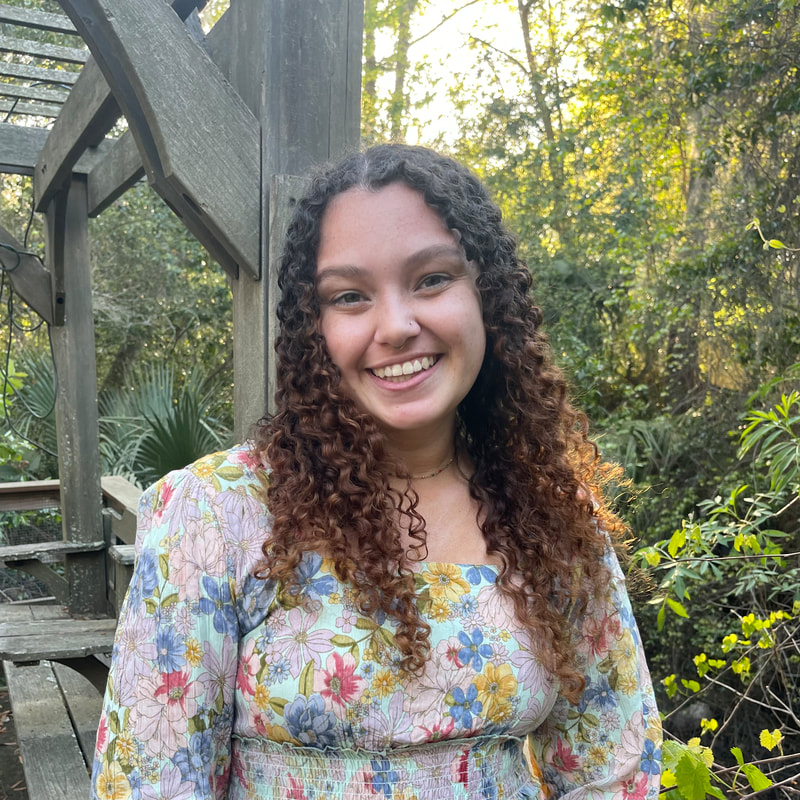

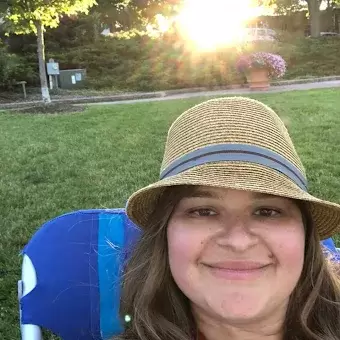

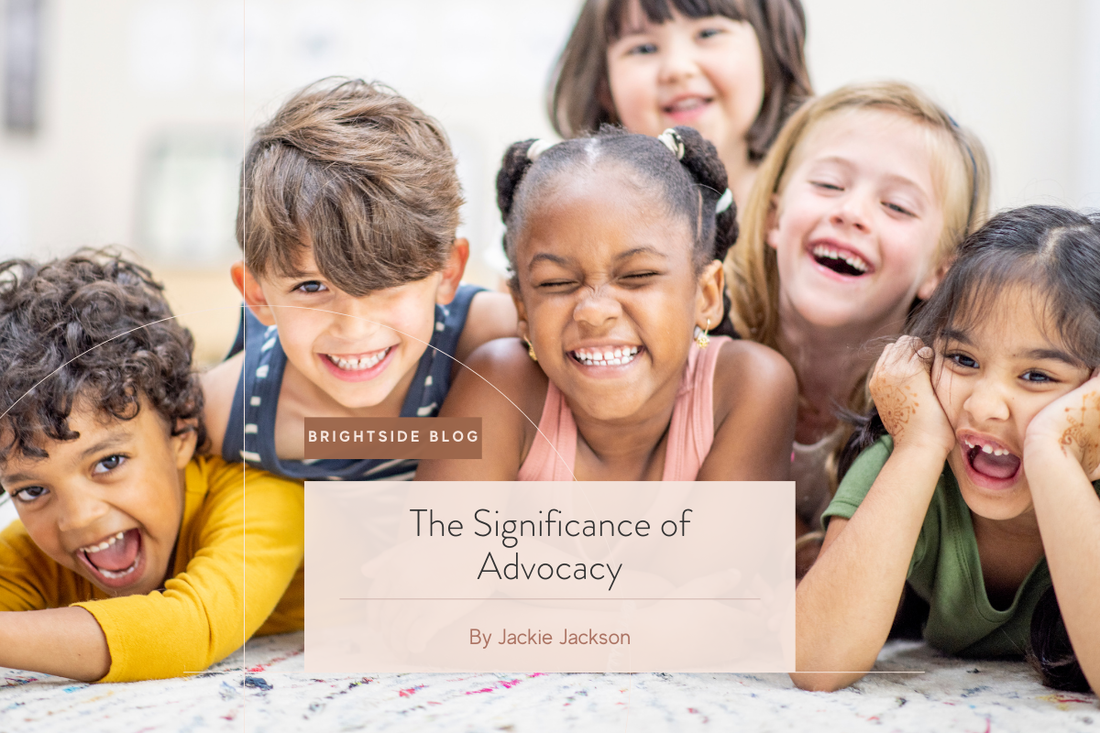
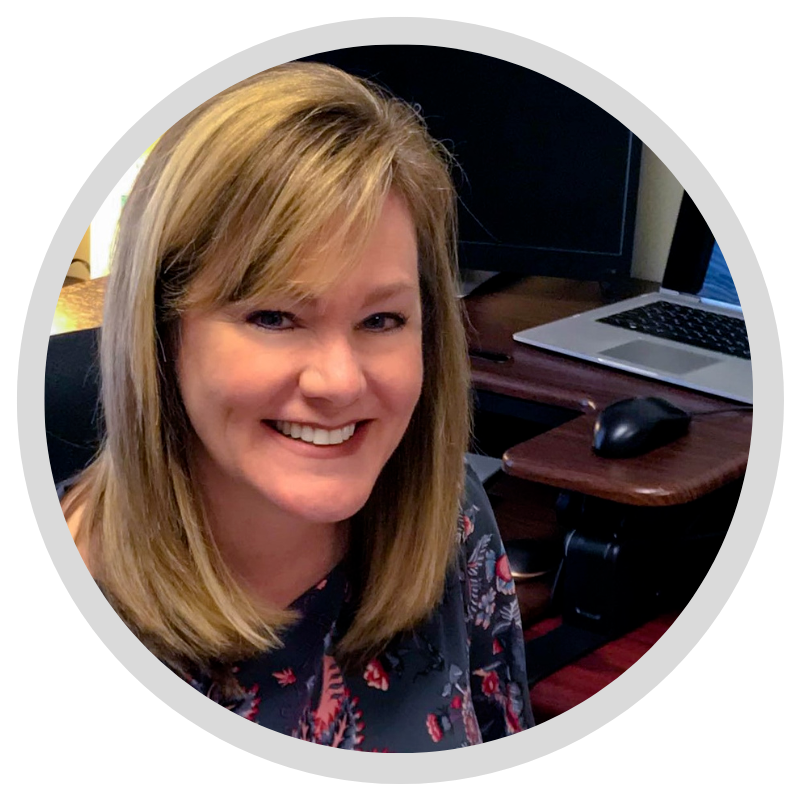
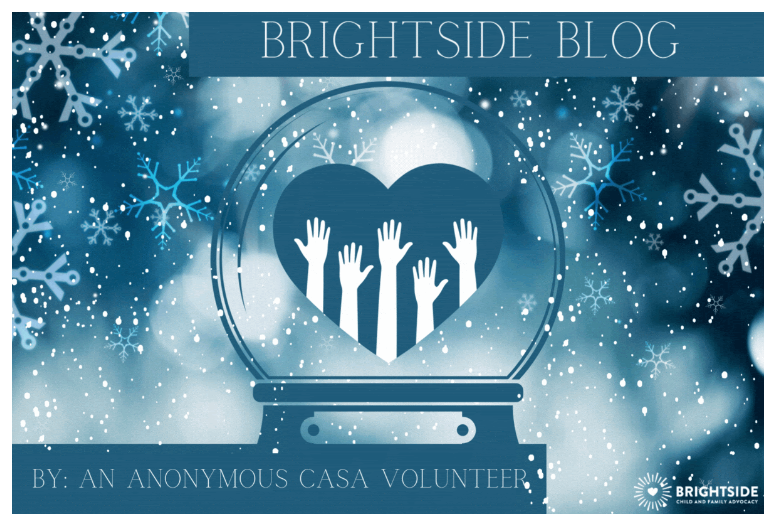
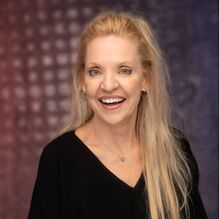

 RSS Feed
RSS Feed



